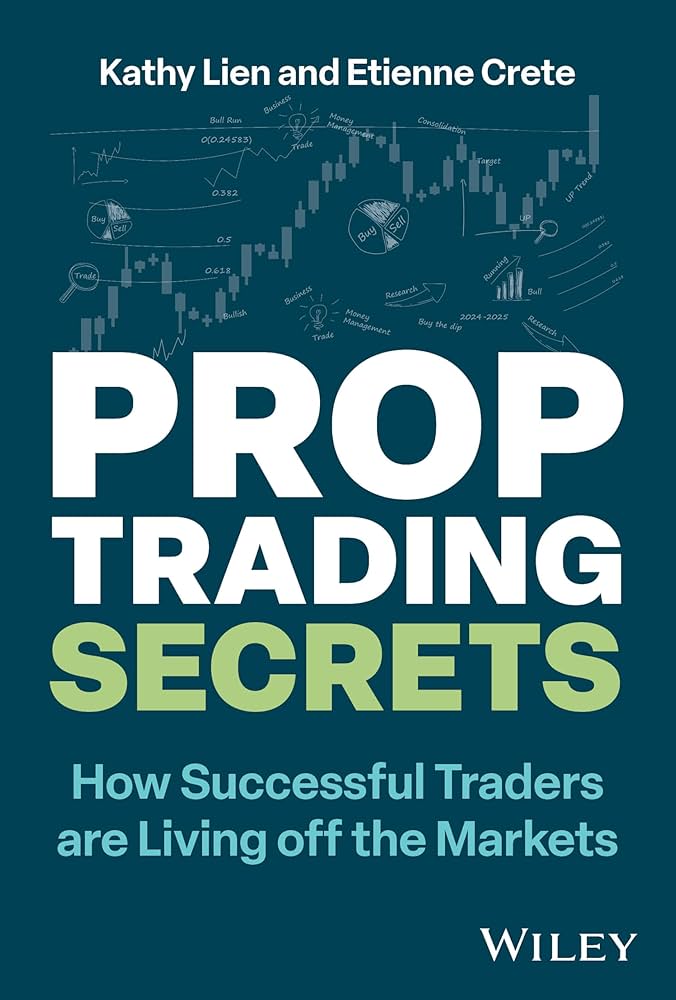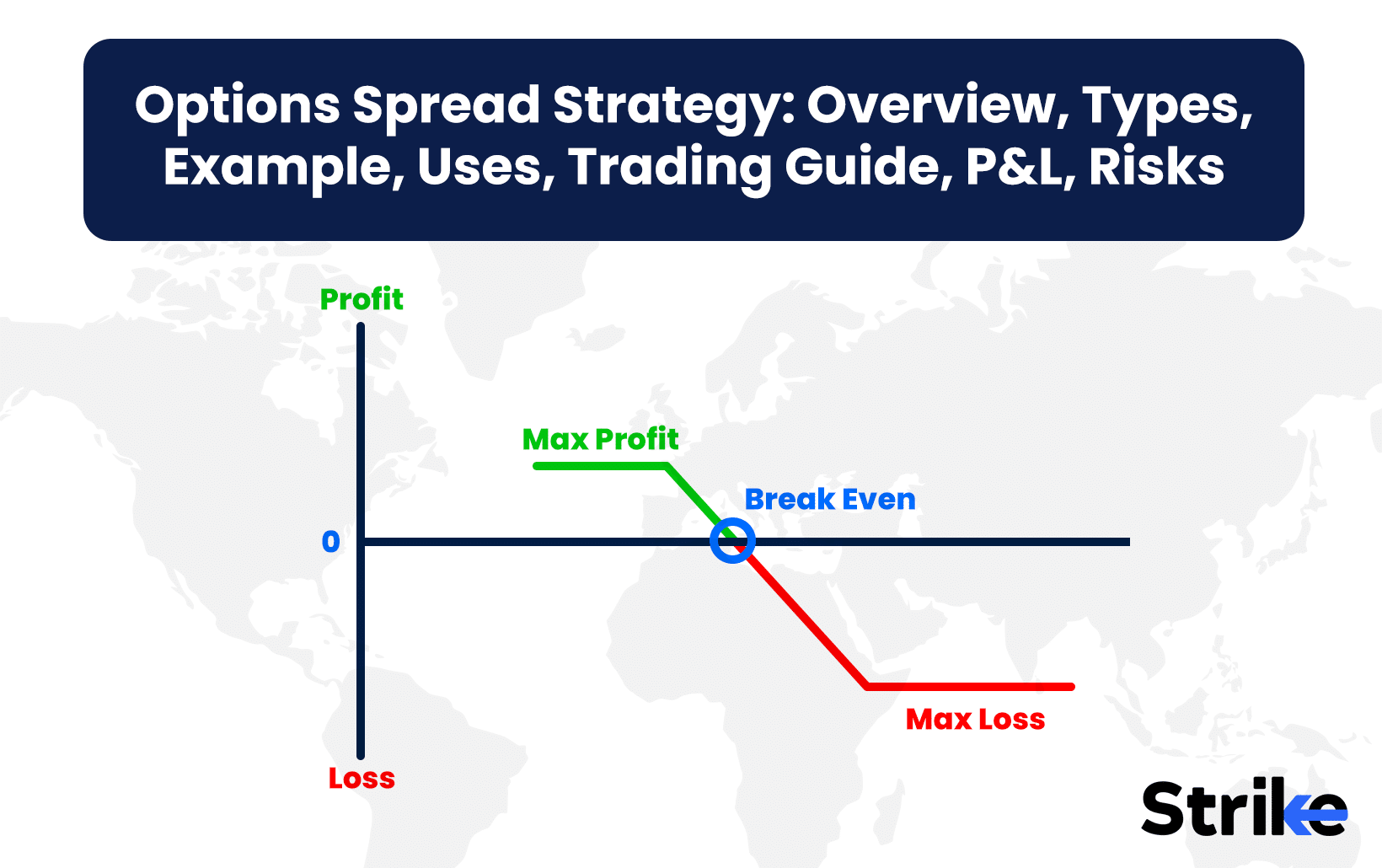Did you know that some traders believe their coffee has magical properties to boost market predictions? While caffeine might give them a jolt, the real magic often lies in partnering with prop firms. In this article, we explore how prop firms impact day trading profitability, examining key factors like funding limits, risk management, and profit-sharing models. We’ll discuss the benefits of using prop firms, their influence on trading strategies, and the essential rules that govern them. Additionally, we’ll clarify whether these firms can enhance a trader's success or introduce more risks. By the end, you’ll gain insights into whether prop firms are a boon or a bane for day traders, all backed by the expert knowledge of DayTradingBusiness.
How Do Prop Firms Affect Day Trading Profits?
Prop firms provide capital, allowing traders to take bigger positions and potentially increase profits. They often offer better leverage and training, which can boost daily trading gains. However, they also take a cut of the profits and impose strict rules, which can limit overall earnings. If a trader fails to meet the firm's performance standards, they lose access to capital and future profits. Overall, prop firms can amplify day trading profits but come with higher pressure and profit-sharing.
What Are the Benefits of Using Prop Firms for Day Traders?
Prop firms provide day traders with access to substantial capital, enabling larger trades and higher profit potential. They often offer advanced trading tools, training, and mentorship, which can improve skills and strategies. Using a prop firm reduces personal financial risk since the firm covers losses beyond a set threshold. Profit sharing agreements motivate traders to perform at their best, with some firms offering better payout structures. Overall, prop firms can boost profitability by providing resources, capital, and risk management support.
Do Prop Firms Increase or Decrease Trading Risks?
Prop firms generally decrease trading risks for individual traders by providing capital, professional support, and risk management tools. They absorb significant losses, reducing the trader’s personal financial exposure. However, they can also increase overall trading risks if the firm’s risk management policies are lax or overly aggressive, leading to larger losses for both the firm and trader.
How Do Prop Firm Funding Limits Influence Profits?
Prop firm funding limits cap the size of your trades, which can restrict profit potential during big market moves. If the firm limits your leverage or maximum position size, even a successful trade might yield smaller returns. These limits also affect risk, potentially capping losses but also limiting gains. As a day trader, you might find your profit margins squeezed if the firm’s funding restrictions prevent you from fully capitalizing on high-volatility setups. Ultimately, funding limits shape how much you can earn, often balancing risk control with profit opportunities.
Can Prop Firms Help New Day Traders Succeed?

Prop firms can boost new day traders' success by providing capital, training, and resources they can't access alone. They offer a structured environment, risk management rules, and mentorship, which helps traders develop skills faster. However, they also impose strict profit targets and trading rules that can limit flexibility. Overall, prop firms can improve profitability for beginners who follow their systems, but success still depends on individual skill and discipline.
What Are the Common Prop Firm Trading Rules?
Common prop firm trading rules include strict risk limits, often a maximum daily loss between $500 and $2,000, and a profit target that must be reached within a set period, like 30 days. Traders usually need to pass an evaluation phase, demonstrating consistent profitability and adherence to risk management. Leverage is restricted, typically between 2:1 and 10:1, to prevent reckless trading. Many firms prohibit holding positions overnight or trading certain volatile assets. Compliance with these rules is mandatory to access funded accounts and keep profit-sharing privileges.
How Do Prop Firm Fees Impact Day Trading Earnings?
Prop firm fees reduce your overall day trading earnings because they take a cut of your profits or charge for access, cutting into your net gain. High fees can make it harder to be consistently profitable, especially if your trades are small or risky. When prop firms charge for training, platform use, or a percentage of profits, your actual earnings drop, affecting your bottom line. Lower fees or profit-sharing models help you keep more of your gains, boosting day trading profitability.
Are Prop Firms Better Than Trading Alone?
Prop firms can boost day trading profitability by providing access to larger capital, advanced tools, and shared risk. They often offer training and mentorship, improving skills. However, they also take a cut of profits and require strict adherence to rules. Trading alone gives full control and keeps all profits but limits capital and resources. Whether they’re better depends on your experience and risk tolerance.
How Do Prop Firms Handle Losses and Drawdowns?
Prop firms typically absorb losses up to a certain limit, often enforced by a risk management system. They set drawdown caps to protect capital; if a trader hits that limit, they’re usually restricted or removed from trading. Some firms have loss recovery rules, requiring traders to reduce risk or improve performance before continuing. Overall, they manage losses by strict caps, monitoring, and sometimes rehiring after recovery periods, ensuring trader profitability stays aligned with firm risk policies.
What Types of Prop Firm Trading Strategies Are Allowed?

Prop firms typically allow strategies like scalping, day trading, swing trading, and momentum trading. They often restrict strategies that involve excessive risk, such as using unapproved leverage or certain high-risk options. Trend-following and technical analysis-based methods are common. Arbitrage and news-based trading may be permitted if they meet firm guidelines. Overall, strategies that adhere to the firm's risk management rules and trading plan are allowed.
How Do Prop Firms Share Profits With Traders?
Prop firms share profits with traders by taking a percentage of the earnings, often around 50%, once the trader hits their profit target. They typically provide capital, and when traders generate gains, the firm deducts its share before paying out the rest. The exact split varies by firm, but the common model is a profit split, incentivizing traders to maximize their performance while maintaining risk controls.
Learn about What Are Prop Firms and How Do They Support Advanced Day Traders?
Do Prop Firms Provide Training or Support for Traders?
Some prop firms offer training and support, including mentorship, resources, and trading strategies. Others focus solely on providing capital and expect traders to be self-sufficient. The level of training varies widely depending on the firm.
Learn about What Are Prop Firms and How Do They Support Advanced Day Traders?
What Are the Limitations of Trading with Prop Firms?
Prop firms limit trading capital, restricting position sizes and potential profits. They impose strict trading rules, including risk management and daily loss limits, which can cut into gains. Traders often share profits with the firm, reducing overall earnings. There’s pressure to meet performance targets quickly, making long-term consistency harder. Some firms require upfront fees or have complex evaluation phases before funding. Lastly, traders must follow firm-specific policies, limiting flexibility and creativity in trading strategies.
How Does Prop Firm Reputation Affect Profitability?
A prop firm's reputation influences trader confidence and access to better resources. Trustworthy firms attract skilled traders, boosting overall profitability. Poor reputation can lead to limited support, higher scrutiny, and lower profit potential. When a prop firm is known for fair terms and transparency, traders tend to perform better, increasing their profits. Conversely, a bad reputation may cause traders to second-guess, reducing their willingness to take risks or stay long-term.
Can Prop Firms Help Traders Scale Up Their Accounts?
Yes, prop firms help traders scale up their accounts by providing larger trading capital, which increases profit potential. They often offer leverage, training, and resources that enable traders to take bigger positions and grow their earnings faster.
What Are the Risks of Relying on Prop Firm Funding?

Relying on prop firm funding risks losing your account if you violate their rules or hit profit targets. It can limit your trading style, forcing you to follow strict guidelines that reduce flexibility. You might become dependent on firm capital, making you less prepared to trade independently. If the firm changes policies or reduces funding, your trading capital shrinks, impacting profitability. Additionally, the pressure to meet targets can lead to risky trades or emotional stress.
Conclusion about How Do Prop Firms Impact Day Trading Profitability?
In conclusion, prop firms play a significant role in shaping day trading profitability by providing capital, resources, and structured environments that can enhance trading performance. While they offer benefits such as reduced personal risk and access to training, traders must also navigate potential pitfalls including fees, funding limits, and strict trading rules. For those looking to elevate their trading game, partnering with a reputable prop firm can be a strategic move. DayTradingBusiness is here to guide you through these complexities, ensuring you make informed decisions that align with your trading goals.
Learn about How Do Prop Firms Affect Day Trading Strategies?